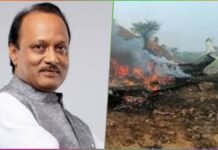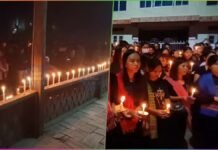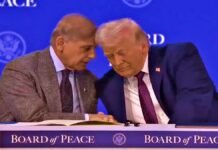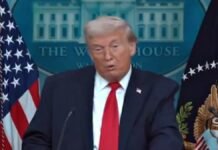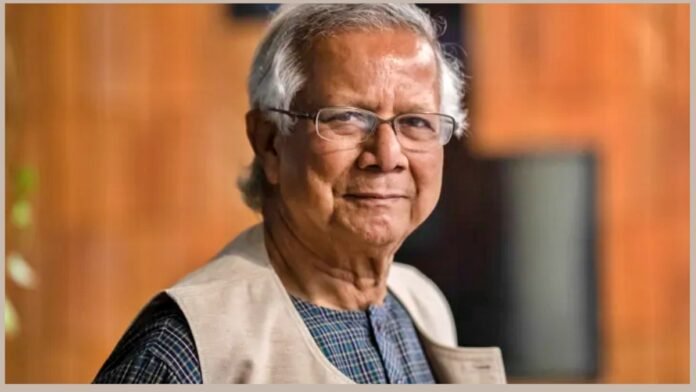
Washington, D.C.: The political landscape in Bangladesh has undergone a seismic shift following a sudden coup that forced Prime Minister Sheikh Hasina to flee the country, seeking refuge in India. Nobel Laureate Mohammad Yunus has assumed leadership in her absence, raising questions and speculations about foreign involvement, particularly from the United States.
Coup Unfolds: Sheikh Hasina Ousted Amid Violent Unrest
The coup came on the heels of widespread unrest and violence across Bangladesh, sparked by contentious issues, including protests related to reservations. The situation escalated rapidly, with reports of violent clashes that left the government in turmoil. As the pressure mounted, Sheikh Hasina was forced to resign and leave Dhaka, seeking safety across the border in India.
U.S. Accused of Meddling: Allegations and Denials
In the wake of the coup, rumors swirled that the United States played a role in orchestrating the political upheaval, with claims that America was dissatisfied with Hasina’s refusal to cede sovereignty over the island of St. Martin and allow U.S. dominance in the Bay of Bengal. These allegations suggested that the U.S. might have had a hand in the crisis, aiming to influence the leadership change in Bangladesh.
However, U.S. officials swiftly denied these claims. White House Press Secretary Karin Jean-Pierre, during a press briefing on Tuesday (Monday local time), categorically dismissed the rumors, stating, “We have no involvement in this (political instability in Bangladesh). Any news or rumor regarding the involvement of the US administration in these incidents is completely false. This is not true.”
Family Denial: Sheikh Hasina’s Son Refutes Claims
Adding to the confusion, a report circulated suggesting that Sheikh Hasina herself had claimed she would have remained in power if she had complied with U.S. demands. This report was immediately refuted by her son, Sajeeb Wazed, who took to the social media platform ‘X’ to clarify, “My mother’s statement related to resignation published in a newspaper recently is completely false and fabricated. She confirmed in conversation that she did not make any statement before or after leaving Dhaka.”
Washington’s Stance: Bangladesh’s Future Lies in Its Own Hands
The U.S. government emphasized its position that the people of Bangladesh have the sovereign right to determine their future without external interference. Jean-Pierre reiterated, “This (choosing their leader) is an important decision of the Bangladeshi people, taken by them, for them. We believe that the people of Bangladesh should decide the future of their government. On any kind of allegations, we will keep saying that there is no truth in them.”

Bangladesh at a Crossroads: Interim Government Takes Charge
As Bangladesh navigates through this period of uncertainty, an interim government has been established with Mohammad Yunus at the helm. The world watches closely as the nation faces a critical juncture in its history, with questions about stability, democracy, and foreign influence looming large. The future of Bangladesh’s leadership and its relationship with global powers like the U.S. remains a subject of intense speculation and concern.



